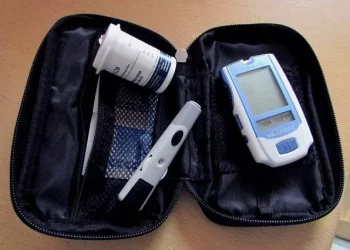With approximately 1.4 million new diabetes diagnoses expected this year, healthcare providers are facing an equally significant challenge: engaging in meaningful conversations with patients about managing this chronic condition. These 1.4 million discussions represent an opportunity for clinicians to guide patients through their diagnosis and help them understand the importance of controlling blood glucose levels.
However, it’s not just about delivering information—each conversation needs to be tailored to the individual patient’s understanding of their condition and their role in managing it.
Assessing Patient Knowledge: The First Step in Diabetes Management
The first step in any productive conversation about diabetes care is assessing the patient’s existing knowledge. Studies have shown that low health literacy can be a significant barrier to successful diabetes management, making this step essential for setting the foundation for effective self-care.
“It’s crucial to assess their understanding of what diabetes really is,” said Dr. Absalon Gutierrez, an endocrinologist at The University of Texas Health Science Center at Houston. By understanding the patient’s baseline knowledge, providers can better determine where to start and what aspects of diabetes management require more explanation.
Motivational Interviewing: A Key Tool for Empowering Patients
Once the initial assessment is complete, the next step is to engage patients in a way that empowers them to take action. Motivational interviewing, a patient-centered communication technique, is a valuable tool in this regard. Dr. Mohan Moreshwar Nadkarni, an internist and Chief of General Internal Medicine at the University of Virginia Health, emphasized the importance of learning motivational interviewing skills. This approach allows clinicians to encourage patients to take an active role in managing their diabetes, helping them move from shock and uncertainty to understanding and action.
Through these carefully structured conversations, healthcare providers can lay the groundwork for long-term success in diabetes care, ensuring patients are well-informed and ready to take control of their health.
Related topics:
Targeting Insulin Resistance in Youth: A Path to Prevent Type 2 Diabetes
New Study Identifies Key Mechanism Behind Insulin Resistance in Obese Adolescents
























